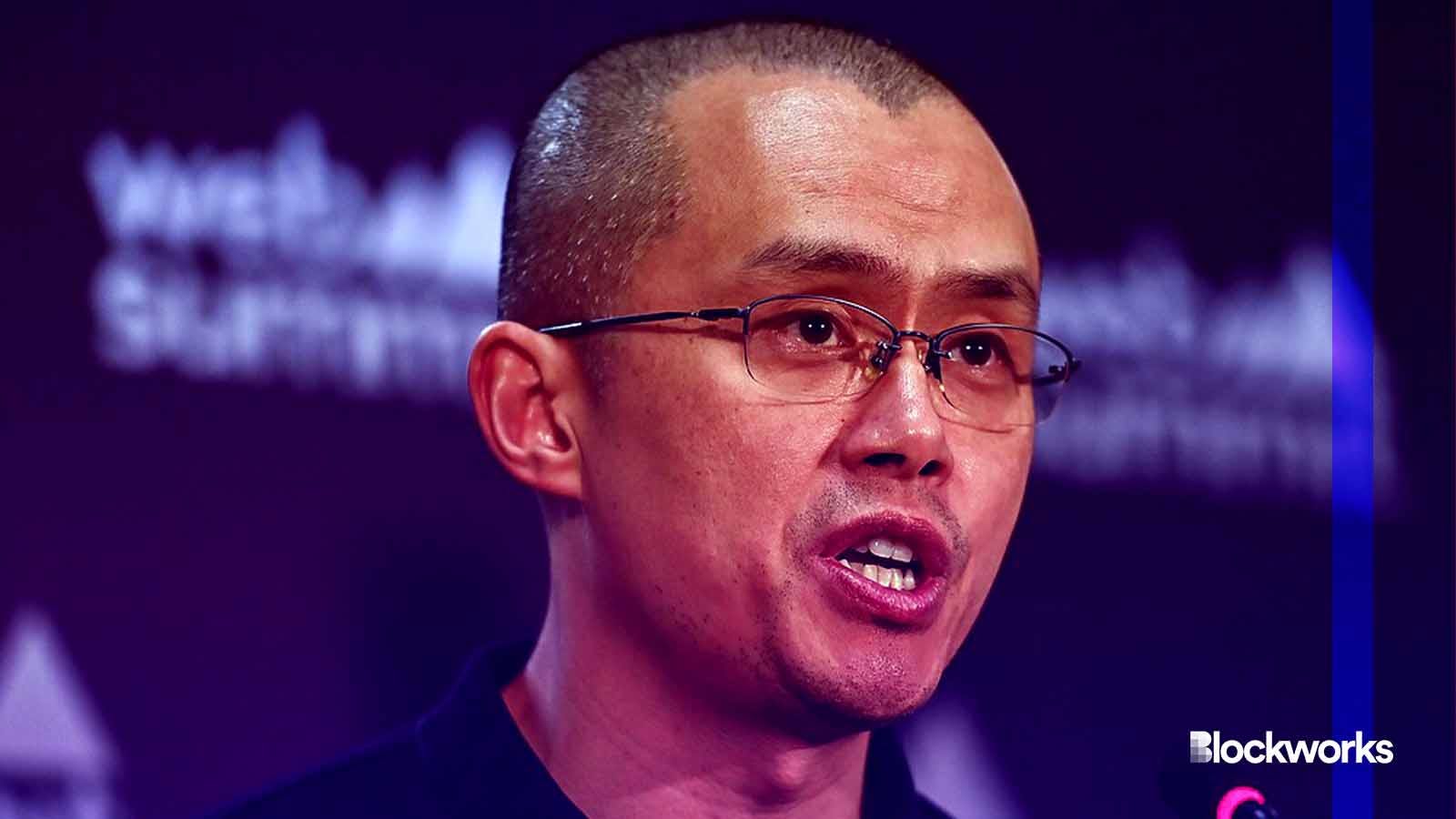Binance, Zhao ‘deliberately’ violated US law, SEC argues
Binance filed a motion to dismiss the SEC’s case back in September, but the SEC says that the recent DOJ plea deals show that the company tried to skirt US law

The $4.3 billion settlement from Binance and plea deals from both the crypto exchange and its former CEO Changpeng Zhao alleges that the two “deliberately” tried to “subvert US law,” but were caught, according to the US Securities and Exchange Commission.
The SEC, in a new filing in its case against the world’s largest crypto exchange, argued that the plea deals announced by the Department of Justice in late November “undermine Zhao’s and Binance’s arguments that the SEC’s claims relating to the Binance.com Platform involve non-actionable extraterritorial conduct.”
Binance did not immediately return a request for comment.
Back in September, Binance filed a motion to dismiss the case, arguing that the SEC “distorts” its securities laws text to make it fit crypto and that the agency sought to expand its jurisdictional power through lawsuits. The SEC also filed a lawsuit against Coinbase just a day after it initially filed its Binance suit.
Read more: Yellen: Historic Binance settlement “sends message” to crypto industry
Binance, as part of its deal with the DOJ, admitted that it chose not to abide by US law “because it determined that doing so would limit its ability to attract and maintain US users,” the SEC said.
Binance also admitted to using a technology service provider based in the US, and Merit Peak — the market maker owned by Zhao — settled around $1.2 billion in US-based transactions. The regulator alleges that Merit Peak also served as the “conduit” between Binance and Binance.US since it serviced both.
Outside of Binance, the SEC says that Zhao’s previous arguments regarding jurisdiction are moot because “numerous facts contradict Zhao’s argument that this Court does not have personal jurisdiction over him because he lacked sufficient contacts with the United States.”
Zhao, who resigned as part of his plea deal, faces a sentencing hearing in February of next year. He’s been ordered to stay in the US until the hearing.
The ex-CEO “sought those benefits for the Company while disregarding the legal obligation to implement an effective [anti-money laundering] program. These admissions further compel the conclusion that Zhao ‘purposefully directed’ conduct at the United States, such that ‘he should reasonably anticipate being hauled into court here.”
The SEC targeted Binance and Zhao back in June, alleging that the crypto exchange violated securities laws, commingled customer funds and filed to register under the Exchange Act.
Get the news in your inbox. Explore Blockworks newsletters:
- The Breakdown: Decoding crypto and the markets. Daily.
- 0xResearch: Alpha in your inbox. Think like an analyst.






